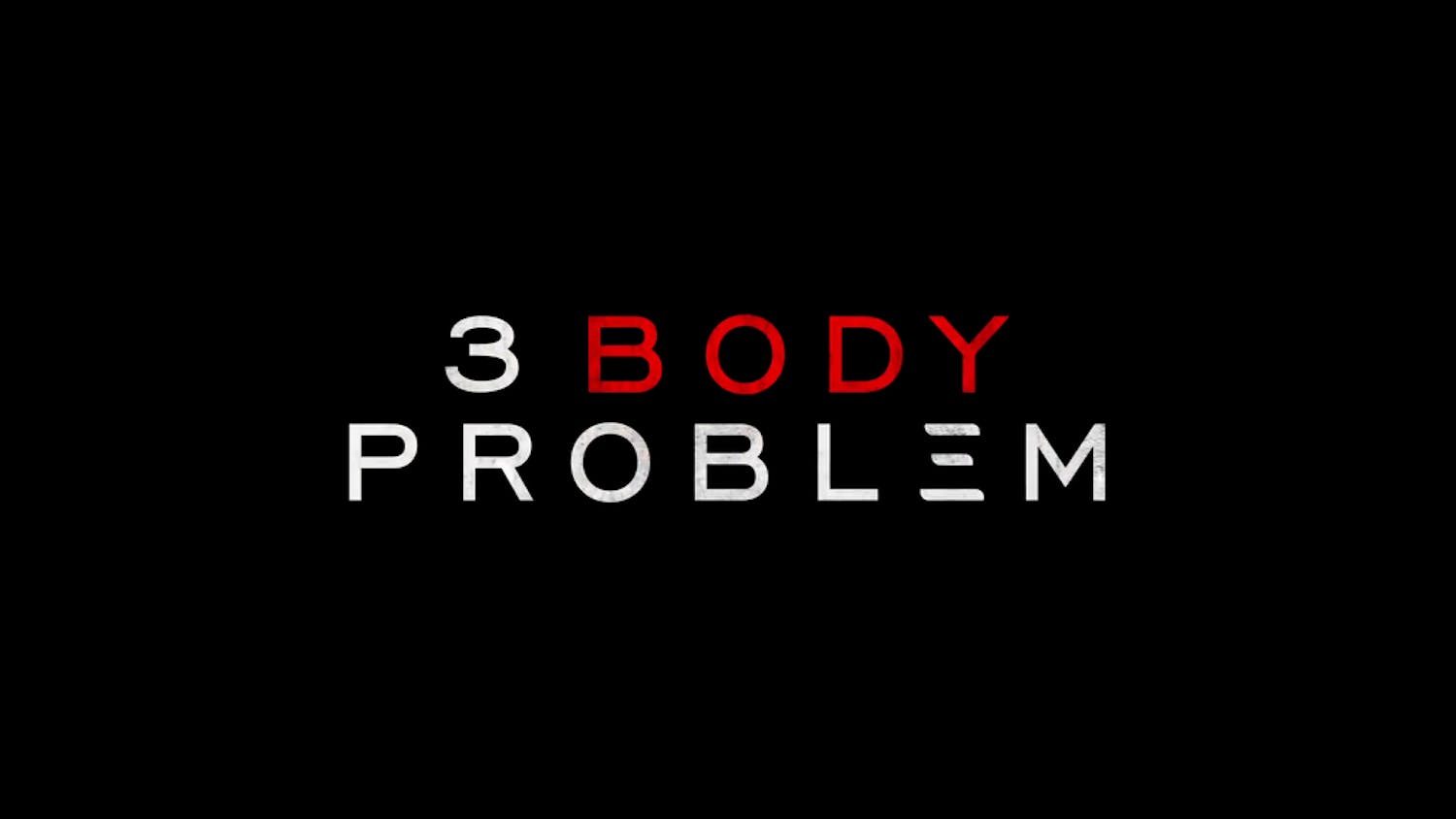The lives of the Beat Generation have been visited time and time again — not least by the Beats themselves — but “Kill Your Darlings” sets itself apart as a lively look at the Beats’ collegiate days and the violence and romance that defined their earlier years together. Propelled by captivating performances, director John Krokidas’ first feature captures the depth and darkness of these characters, but unfortunately falls prey to the very conventionality that the Beats fought so fervently against.
The main figures of the Beat movement — Allen Ginsberg (Daniel Radcliffe), Jack Kerouac (Jack Huston) and William Burroughs (Ben Foster) — take center stage, along with the lesser-known Lucien Carr (Dane DeHaan) and David Kammerer (Michael C. Hall). Viewers see the young men as students and troublemakers at Columbia University in the early 1940s, itching to push boundaries and eager to explore drugs, violence and sexuality long before rock ‘n’ roll made it cool.
The focal point of the film is the killing of Kammerer by Carr in 1944 — an event that irrevocably altered the Beats’ lives and their art. The story behind the murder is primarily one of forbidden romance in an era when homosexuality was brutally and forcefully closeted. There is a classic but compelling love triangle at play — Carr is enigmatic and alluring, leading Ginsberg through a world of steamy parties and enlisting him in building a new literary movement. Meanwhile, Kammerer plays a lover from Carr’s past who haunts the duo and their Beat friends, guarding and exploiting secrets that only he and Carr know.
Although Kerouac and Burroughs are portrayed brilliantly by Huston and Foster, “Kill Your Darlings” is primarily the Allen Ginsberg show. It is not so much an origin story in that it is entirely unconcerned with the man that Ginsberg would become. Instead, the film is enamored with analyzing how his dark and painful experience would ultimately serve as an inspiration for his creativity. That emotional core is carried entirely and spectacularly by Radcliffe and DeHaan, who bring a depth of emotion to the characters that is frequently missed in the reverent or condescending caricatures of most adaptations. Krokidas displays an impressive devotion to showing the humanity of all of his characters — something that is typically lost in biographical films.
Unlike Walter Salles’ 2012 adaption of Kerouac’s 1957 novel “On the Road,” “Kill Your Darlings” does not readily accept its protagonists’ claims to creative genius. Kammerer, situated outside the inner circle of the Beats, acts as a vessel to constantly question the intellectual hubris of the early movement. Nor does the film shy away from exploring the deep seediness of the Beats’ lives. Burroughs’ drug-induced revelations are always constrained by the crisp suit his old-money background affords him; Carr’s exuberance and allure barely mask his willingness to exploit society’s homophobia for his own benefit; Kerouac’s talk of romanticism and liberation is starkly contrasted with the constant abuse he levels at his girlfriend (Elizabeth Olsen).
Unfortunately, where Krokidas falters is in the tone and pacing of the film. The story naturally requires tonal shifts — scenes of youthful exuberance peppered with light-hearted, sexual jokes are replaced by those depicting deeply troubled family lives and murder — but the film struggles to keep up with them. When not propelled forward by the performances, the exquisite set design and cinematography of the film feel a little hollow — like a photograph struggling desperately to become an offbeat painting.
Every now and then, the film does manage to balance both the propulsive carelessness of these characters’ lives and the hypocrisy and anxiety hidden behind them. But the best parts of the film are those that step outside of the Beat narrative entirely to examine the harsh realities that inspired the group’s literary philosophies — scenes of Ginsberg’s mentally ill mother, of Carr’s depression, of Kammerer’s long-repressed sexual orientation. It is in these moments that Krokidas excels, dwelling quietly on the repressive social structures that drove these men to poetic genius and cold-blooded murder.
Ultimately, “Kill Your Darlings” is a story of young men who — try as they might — cannot escape their own personal and social demons. Many scenes will leave viewers wishing that Krokidas could have harnessed some of the Beats’ resistance to convention in his own art, but he succeeds where he needs to the most: at exposing the underside of the Beats’ early insurgence. Krokidas takes on the taboos of homosexuality, mental illness and forbidden love, coupling them with the frustration and struggle of youth. The protagonists are left to rebel in their own private ways, leading to both great and devastating results. “Kill Your Darlings” shines as a powerful, meditative character study of these famous enigmas, wrapped up in a dark romance.






